Education.
Tradition meets innovation.
Th breadth of the British curriculum, dedicated teachers and a stimulating approach to learning helps us to inspire creativity and spark imagination. Being a small school we pay attention to teaching our boys how to be independent learners.
Through a clear academic programme, we prepare our boys to be rounded individuals who strive towards success at university, in their career and in life.
We are all learners at Saint Peter’s.
Within the College, everyone has the same occupation - the pursuit of Truth.
To enable this, our curriculum is rooted in the wisdom of great thinkers and writers - the best that have been. We draw in the richness textbooks as much as we can. We read the original classical texts. We do not read them simply because they are old. We read them because they have stood the test of time, preserved by the civilisations they have dramatically affected - a body of wisdom our world would be impoverished without. As our pupils read the great books of our great intellectual tradition, and not a ‘textbooky’ dumbed-down interpretation of them, they directly engage and dialogue with the greatest minds that have ever lived. As we read, we have formal directed discussions lead by the teacher (Socratic dialogues). We also call on our pupils to give class presentations, write essays, and deliver speeches.
Our curriculum is also integrated. Pupils learn making connections and naturally seeing relationships between the different subjects they are studying. Throughout it all, we follow a long tradition of education that emphasises the seeking after of truth, goodness, and beauty. Our classical curriculum, therefore, teaches our pupils how to learn and how to think, and does so with the best of them.
Our Method.
Our method draws heavily on Dorothy Sayer’s flagship address given at Oxford. In the Lower School, we build a foundation for future learning, providing our pupils with copious content through their love of story and capitalising on their ever shocking ability to memorise: whether it be poetry, conjugations, scripture, or just a favourite bit of literature.
In the Senior School our pupils enter their teenage years when they become naturally more argumentative and begin to question authority and facts. The focus now is more on processing the content they have memorised. They are taught reasoning, informal and formal logic, and how to debate eloquently. This naturally complements their newfound teenage desire to demand to know the “why” of something—the logic behind it.
Finally, in the Sixth Form, our pupils become independent thinkers and communicators. They study and practice rhetoric, which is the art of communication - persuasive speaking and effective writing. In addition to the externally examined subjects, over these two years, each pupil is required to write a thesis of their own choosing, which they publicly defend in front of a board of relevant teaching staff as they prepare for life after school.
Lower School.
Rudiments | age 11 - 12 years old
Lower Grammar | age 12 - 13 years old
Upper Grammar | age 13 - 14 years old
Upper School.
Syntax | age 14 - 15 years old
Rhetoric | age 15 - 16 years old
Sixth Form.
Apologetics | age 16-18


